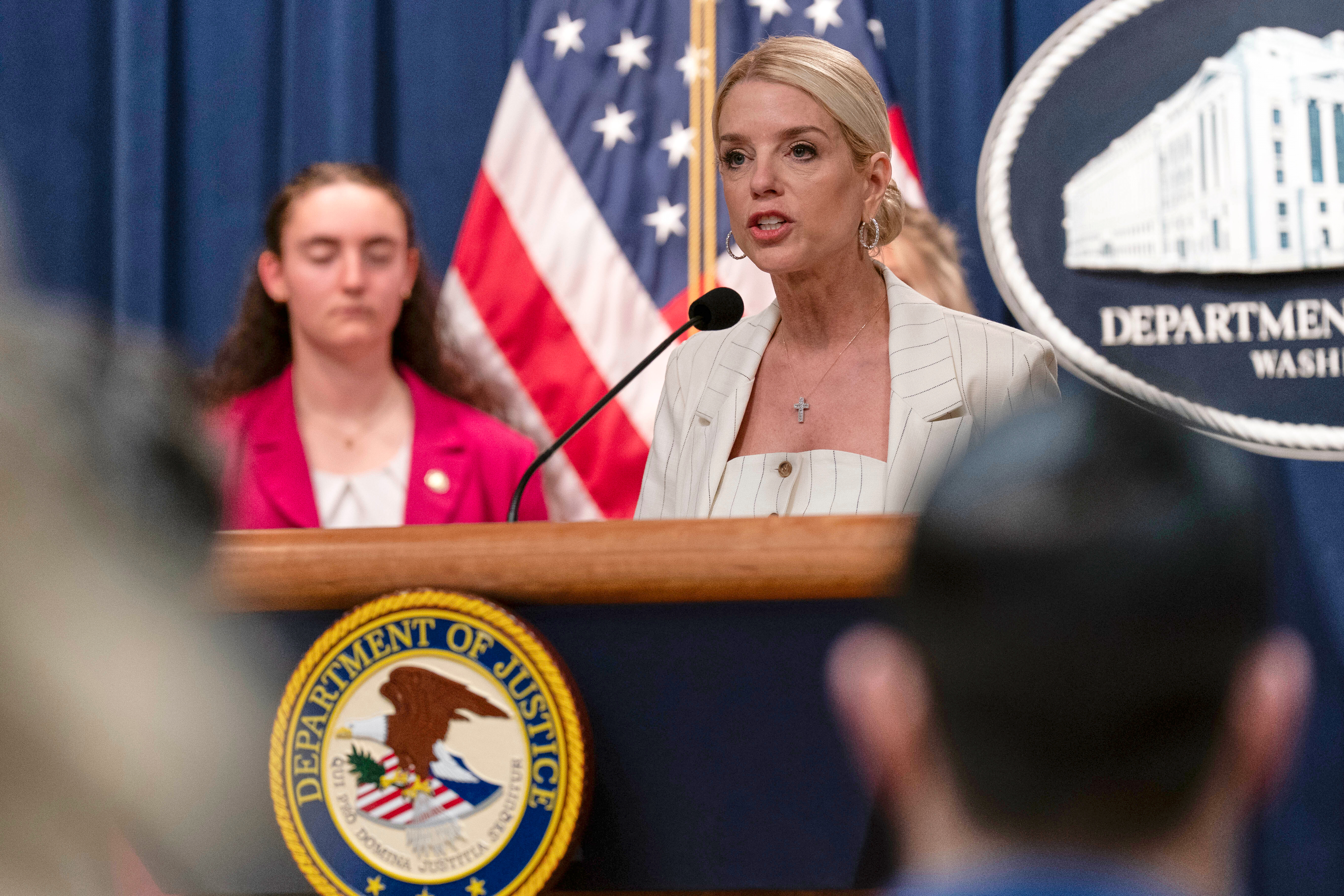The 2007 guidelines for the Lower Basin water shortage for Colorado River communities in the U.S. West are set to expire soon. As leaders prepare for mapping out the next 20 years, public input is a top priority.
While Bureau of Reclamation officials have started planning how they will operate the river and reservoirs for the next 20 years, they are looking to incorporate public opinion.
"This is a vital conversation in determining alternatives to protect the stability and sustainability of the Colorado River," said Camille Touton, a commissioner with the Bureau of Reclamation.

Phoenix sets record at 19th straight day of at least 110 degree temps
Even though climate change and an El Niño have contributed to rising temperatures across the globe, Phoenix stands out among U.S. cities with heat.
In 2007, a 20-year water shortage plan for the Colorado River was put into place due to low water levels at Lake Powell and Lake Mead.
"Since that time the system has never recovered to those levels prior to the early 2000s and has generally declined as a result of dry hydrology," said Bureau of Reclamation's Carly Jerla.
Now, 16 years later, the clock is ticking for a new plan on water use. The Colorado River has been impacted a lot since 2007 and during Monday's meeting, three major changes in the basin impacting the river were highlighted. The changes include the Tribal River Engagement, the cooperative process with Mexico, and the ongoing drought.
"The combined storage of Lake Powell and Lake Mead is at 36% capacity or 36% full," Jerla continued. "Through the post 2026 process we will develop successor domestic agreements for the long-term operations and management of the Colorado River system."
The first of several virtual meetings was an opportunity to discuss the timeline and to take comments on what the public thinks should happen.
The first public comment period on the plan ends on Aug.15. Ben Burr, executive director of the Blue Ribbon Coalition, an organization working to protect access to public land and water, said he has been paying close attention to the ongoing concerns on the river.
"This last winter was really good for our snow pack and so it bought us some time but all of the states are still seriously considering how to cut back water use across the basin," he said.
He anticipates states having to adjust water use even more in the future to prepare for possibly worsening conditions.
"We have had a lot of people move in to all the areas that depend on the water and we have also had some years of some pretty serious shortages in the river and so I think those will be the things they will be looking at."
Burr said, "Everyone in the Colorado Basin needs to learn how to do more with less water in the system in case we have years like the last two years have been prior to this really good one we just had."









